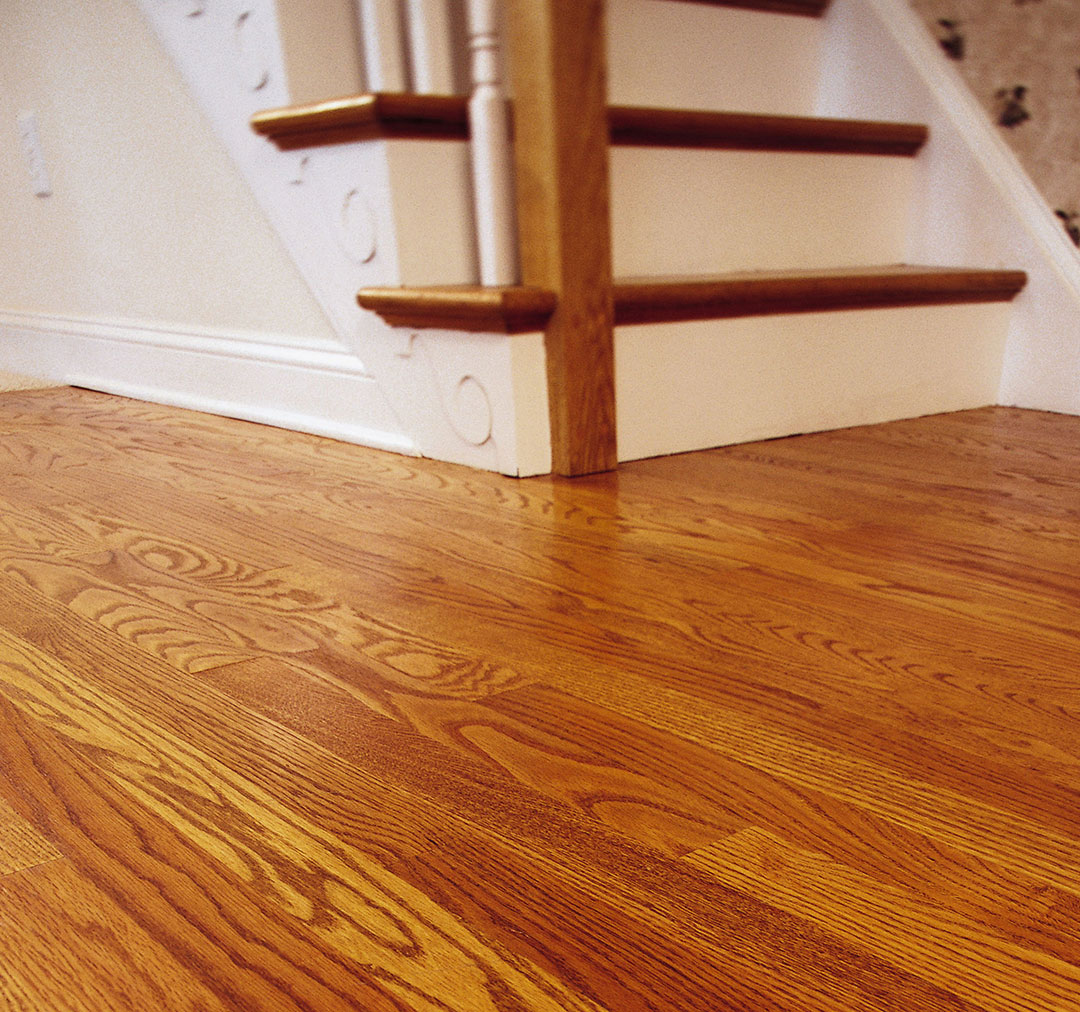
There are few purchases that you will make during your lifetime that are more valuable than your house. Whether it’s a starter residence or your forever home, you want to make sure you protect and maintain it properly.
Our home warranty explains that regular homeowner maintenance is essential to protecting your home. A warranty doesn’t cover issues caused by neglect—so if small problems are left to grow into bigger ones, the responsibility falls on the homeowner. Staying on top of upkeep now can help avoid costly repairs later that won’t be covered.
While some aspects of home maintenance can be almost instinctual and performed without much fuss, there are tasks that may require a bit more research and implementation. A crucial component of your home requires you to, quite literally, start from the ground up - your hardwood flooring. Homeowners are more frequently turning to hardwood over carpeting as it can be both more aesthetically pleasing as well as a wise investment in the long run. Put in hardwoods, and if you take care of them, you’ll never have to install new flooring in your home again. But caring for your hardwood flooring is a multifaceted task, and one which a large number of homeowners may not properly understand. Below, we outline a basic maintenance schedule then delve into a few more specific aspects of care.
Hardwood Floor Cleaning Maintenance Schedule
Sweep or dust mop: Daily
Vacuum (using the bare floor setting): Weekly
Clean with wood flooring cleaner: Monthly
Apply a new coat of finish or maintenance coat: Every 3 to 5 years
Sand and refinish: Every few decades
Do’s & Don’ts for Cleaning Hardwood Floors
Do:
Don’t:
Ways to Ace Hardwood Floor Cleaning
Flooring experts recommend taking special care when doing these three activities to clean hardwood floors:
Treating Damage on Hardwood Floors
Minor scratches may occur on just the top-layer finish rather than in the wood itself. In that case, the scratches can often be repaired with touch-up markers, stain pens, and furniture repair kits. You can also rub the natural oils from a walnut or pecan over the scuff marks to help darken the wood and disguise the scratches. A tennis ball or a little baking soda on a damp cloth may help remove scuff marks. For deeper scratches, you may need a wood filler that matches the color of your floor. As an alternative, you can have your floors restained or refinished.
When to Refinish Your Hardwood Floors
If your floors are looking dull, you may be tempted to reach for polish as a fix. That can be a big mistake. In general, avoid using any products on your hardwoods with words like “polish,” “shine,” or “rejuvenate;” it’s a short-lived reward. It can dull very quickly and then leave a cloudy film on your floors. The only way to revive dull-looking floors is to have them lightly buffed and then apply a fresh coat of polyurethane wood finish on top.
For deeper scratches, dents, or damage to your hardwoods, you may need to have the floors completely sanded back to the raw wood and refinished. The cost to refinish hardwoods averages nearly $2,000, but the price can vary greatly. If you want a new look, refinishing also allows you to change the stain color of your hardwood.
Keep in mind, wood types vary in how often they can be refinished or how prone they are to scratching. For example, hardwood flooring’s durability and hardness are measured on a Janka scale, a rating of how susceptible the wood is to denting or showing wear. The higher the rating, the more resistant the wood will be to dents and wear and tear. In general, softwoods like pine tend to have lower Janka scales; hardwoods like hickory and Brazilian teak or walnut usually resist scratches and damage.
The number of times hardwoods can be refinished varies. For example, engineered wood flooring — a popular type of wood flooring — often can be refinished only one to three times, since the top layer is wood but underneath it is plywood. Hardwoods that have a wear layer that’s thinner than 2 millimeters, for example, may not be ideal for sanding. You may be able to refinish solid hardwood flooring 10 or more times, depending on the floor’s thickness.
Hardwood Floor Cleaning Affects Lifespan
The lifespan of hardwood flooring is one of the longest of any household material, possibly extending to 100 years or more. The lifespan greatly depends on you, however, and how well you care for the flooring. The importance of maintenance cannot be overstated.